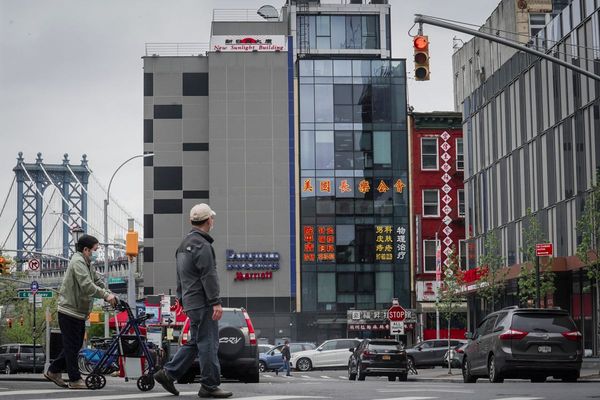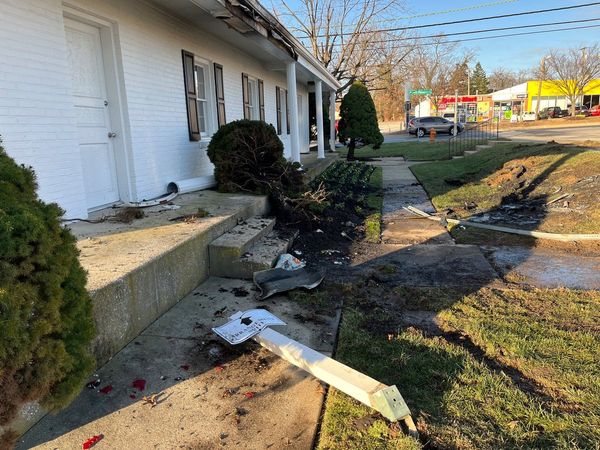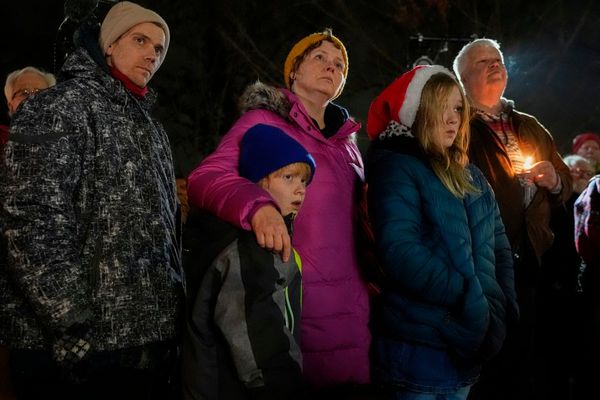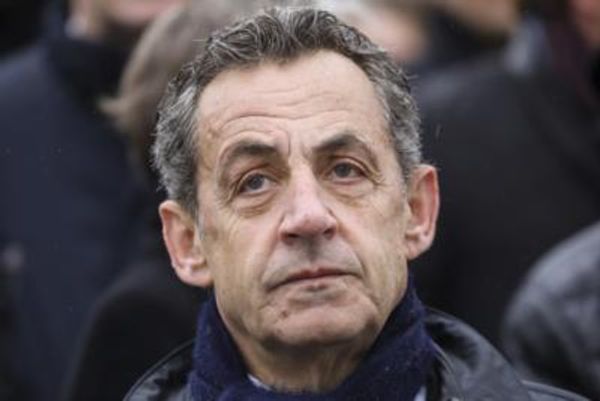
A week after Qantas dropped a record $2.47 billion annual profit, the conversation has finally turned to what got it there so hard and fast after the depredations of COVID: competition, or rather the lack of it in the Australian aviation sector.
The cosy Qantas/Emirates cartel dominates lucrative European traffic — lots of well-heeled, high-margin First, Business and Premium Economy customers. The Qantas/US airlines own 100% of the equally lucrative Pacific route. And the Qantas/Virgin duopoly holds 95% of the domestic market.
In the face of this, the Albanese government has, in its infinite wisdom, decided to protect the aviation sector — i.e. Qantas — from its two-year competition review. There’s growing stench over the Albanese government’s bizarre decision to block more competition in the international market — where international airfares are 50% higher than before the pandemic — by nixing a bid by Qatar for 28 more flights into Australia from Doha each week. This is despite Qatar’s bid being supported by the NSW and Victorian governments, Trade Minister Don Farrell, travel agents, airports and tourism bodies.
Virgin Australia chief executive Jayne Hrdlicka has waded into the stoush, describing Qantas’ claim that extra Qatar flights would “distort“ the market as “nonsense” — and analysts agree. She said allowing Qatar to add more flights to Australia could lead to substantial declines in ticket prices for travellers.
“Additional Qatar flights would have an immediate and tangible effect in reducing airfares between Australia and Europe, the Middle East and Africa,” Hrdlicka said. “Qatar is in the unique position in the context of a constrained global supply of widebody aircraft, to be able to quickly make available four additional services per day to Australia.”
One Qantas long-haul pilot, speaking to Crikey anonymously, laid out the broader logic behind Qantas’ successful bid to keep its rival from flying more services in and out of Australia.
“It’s no secret that Qatar’s inflight service is arguably the best in the world at the moment. I would certainly want to limit the number of people that would experience that trip on Qatar,“ the pilot said.
Notably, Qantas is starting its much-ballyhooed direct A350 service from Sydney to London in 2025, a long-term vanity project for Joyce. Word of mouth is very powerful in the airline sector, so Qantas is trying to prevent Qatar from creating a loyal base of travellers on this route.
“Qatar operates B777 and A380 aircraft that can fly Sydney to Doha and anywhere in Europe with full passenger and freight loads,” the Qantas pilot said. “At present, Qantas operates a B787 from Perth to London with seats blocked out due to weight restrictions and bugger all freight. The A380 has the same issues between Singapore and London at times”.
This makes the Qatar operation much more fuel efficient and will keep both passenger ticket prices and freight prices down. All good news for Australian travellers and businesses.
“The last thing Qantas needs are lower ticket prices on this sector when they want to operate a new A350 direct to London. They want the ticket prices to keep going up if anything,” the pilot said.
Meanwhile, a 787 pilot said that crews for that aircraft were being underutilised. The regular eight-week roster workload is 170-185 hours and at the moment they are only doing about 140 hours.
“Joyce says that [he] doesn’t have the crews to operate planes, but he does. He is intentionally keeping capacity down to keep prices up,” the 787 pilot said.
Allowing Qatar more flights would also give a leg up to Virgin, Qantas’ only real competition in the domestic market. Qatar is a key codeshare partner with Virgin, whose international passengers flow onto Virgin’s domestic flights.
In addition to the helping hand from the government on Qatar, soon-to-be-ex-Qantas CEO Alan Joyce also got a boost two weeks ago when the Australian Competition and Consumer Commission (ACCC) quietly signed off on five more years for the Qantas-Emirates stitch-up that dominates European routes. It’s worth remembering that this deal was originally struck in 2008 when Anthony Albanese was transport minister; he recently said it was among his proudest achievements in that role.
Domestic is the great Qantas cash cow, with a $765 million loss in 2022 flipped into a profit of $1.27 billion in 2023, a 63% leap on pre-COVID numbers. However, the even bigger story is competition, or the lack of it, in this market. The key is landing slots, which once gained are kept close by Qantas and Virgin. Yet serial cancellations mean that dozens of slots each day go begging around the country. Australia’s two biggest airports, Sydney and Melbourne — between which is one of the world’s busiest trunk routes — have a finite number of slots each day due to noise and runway restrictions respectively.
“We continue to see evidence of unused slots going to waste, with a persistent mismatch between slots held by domestic airlines and the schedule that is flown,” Sydney Airport’s outgoing chief Geoff Culbert said. One in 10 flights between Sydney and Melbourne are cancelled, as well as more from those two airports to other destinations — yet they cannot be taken up at the last minute.
Assistant Finance Minister Andrew Leigh has called for more low-cost carriers to bring prices down, but this cannot be done without reforming the broken landing slots status quo. Qantas also uses smaller E175 jets to lock up regional routes under a “wet lease” agreement with regional airline Alliance.
The heat is clearly on the prime minister. After several days of the government, including Treasurer Jim Chalmers, backing the Qatar decision and Qantas’ usurious profits to the hilt, he has now decided to throw his transport minister — the hapless Catherine King, who has issued at least four different excuses for the Qatar decision — under the bus. Albanese now claims that the Qatar decision was all hers.
Further trying to deflect, Albanese has also weighed in — batting for the customers’ side, for a change — on the other major Qantas stoush: the $470 million unrealised customer credits it plans to cancel at the end of the year, effectively meaning the airline steals whatever’s left in the kitty from its customers. Qantas has been under pressure to extend the deadline, and announced this morning that it will scrap the expiry date for COVID-era refunds.
In the absence of any new competition review, what the sector — and the Australian public — is now waiting for with bated breath is an aviation green paper that was due to be released in “mid-2023”, but which appears to have been delayed and will now be under heavy scrutiny. Its recommendations will flow through to a white paper due in ”early 2024”.
As former ACCC chief and adviser to the government’s competition review Rod Sims said: “You carve it [aviation] out from a general review then there’s an onus on you to make significant change. I guess we’ll all be watching.”
Are you fed up with Qantas? Does the government need to do more? Let us know your thoughts by writing to letters@crikey.com.au. Please include your full name to be considered for publication. We reserve the right to edit for length and clarity.







